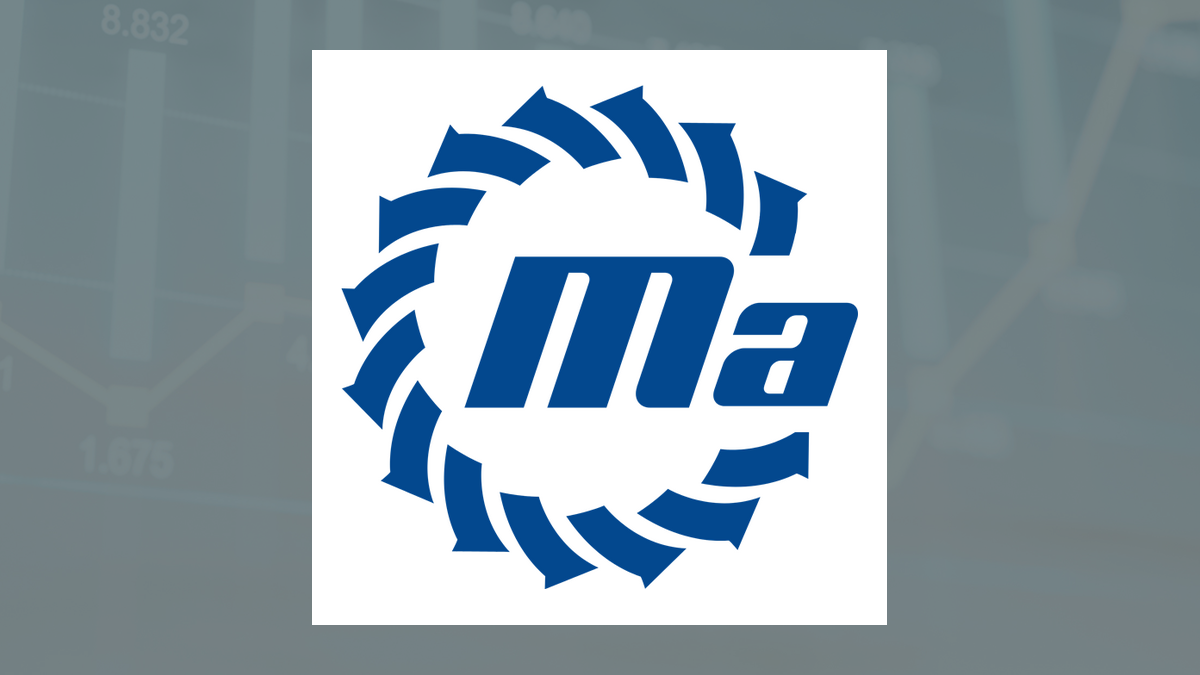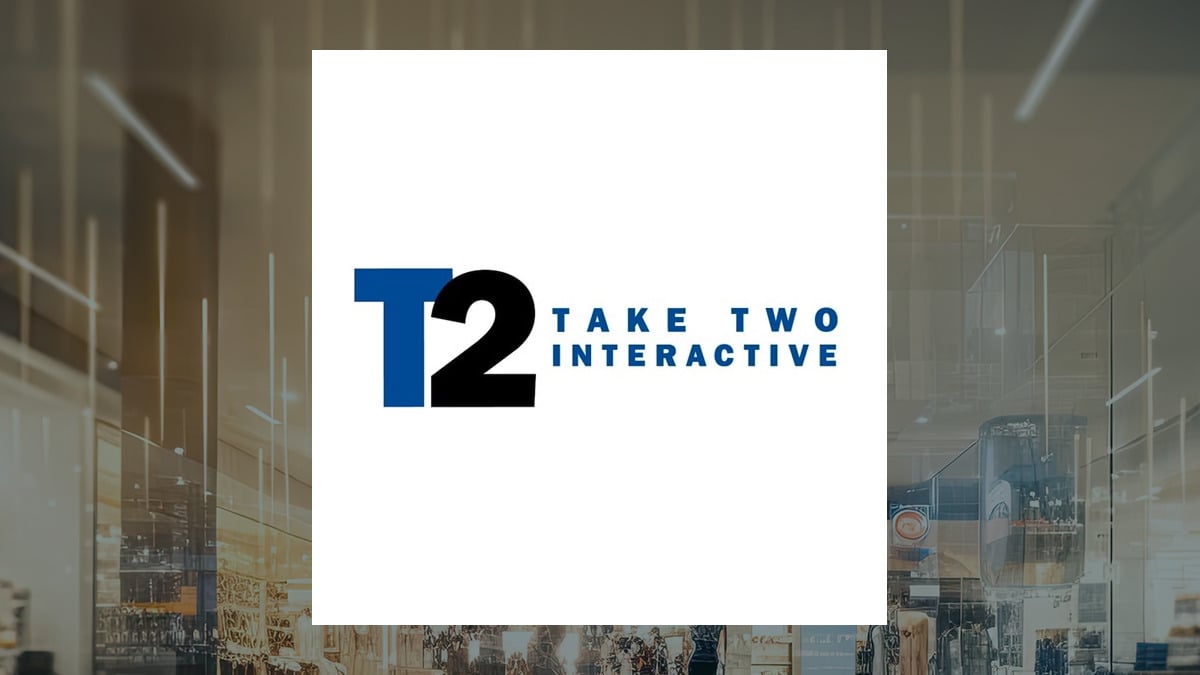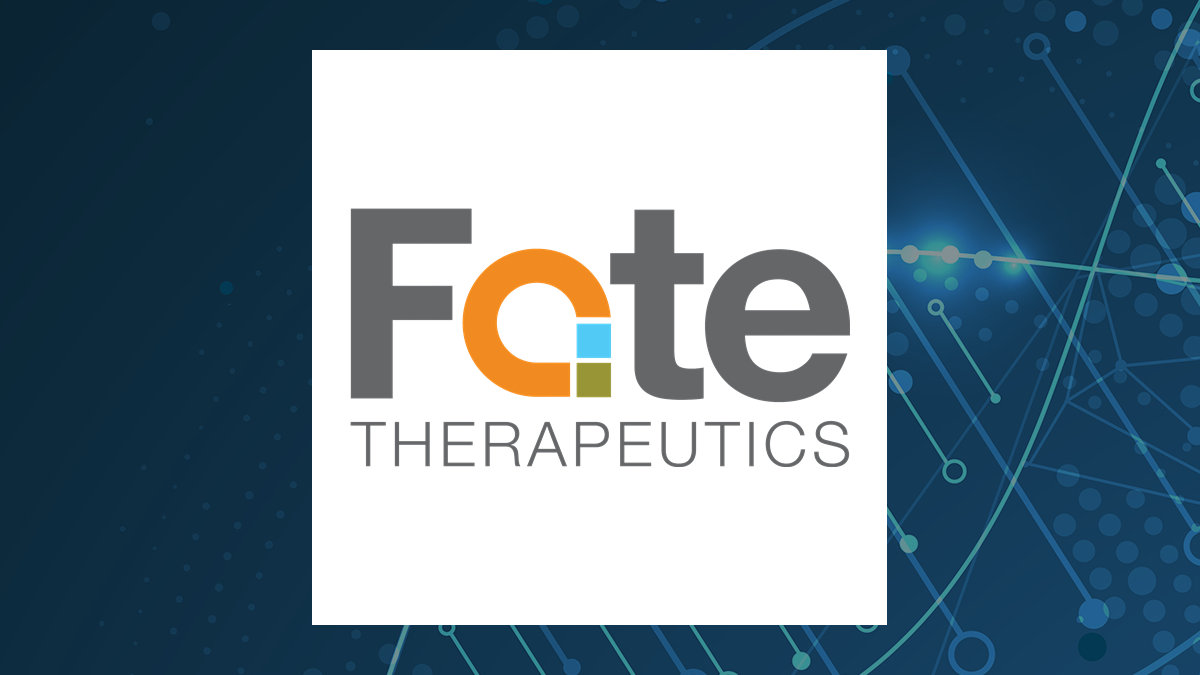In an era where healthcare is increasingly driven by data, advancements in data engineering are reshaping personalized medicine and diagnostics. Santhosh Kumar Rai , an expert in data-driven healthcare innovations, explores how robust data infrastructure is revolutionizing patient care. His insights highlight the transformative impact of integrating diverse data sources, ensuring quality governance, and enabling real-time analytics in clinical environments.
Personalized medicine is transforming traditional treatment by utilizing patient-specific data—genomic profiles, clinical history, and lifestyle factors—to enhance diagnosis and therapy. This shift relies on advanced data pipelines that integrate structured and unstructured data from sources such as electronic health records (EHRs), medical imaging, and wearable devices. Scalable frameworks are essential to harmonize these diverse datasets, ensuring seamless interoperability.

Data engineers play a pivotal role in designing these frameworks, enabling clinicians to make precise, data-driven decisions tailored to each patient’s genetic and physiological profile. By leveraging AI and big data analytics, personalized medicine optimizes treatment efficacy, improves patient outcomes, and advances the future of healthcare through highly individualized care strategies. The rapid expansion of medical data demands advanced engineering solutions for efficient processing, storage, and analysis.
With declining genomic sequencing costs and imaging technologies producing vast datasets, healthcare organizations must integrate diverse information sources seamlessly. High-performance computing and cloud-based infrastructures enable real-time analytics, accelerating diagnosis and improving accuracy. Machine learning models further refine diagnostic precision, identifying early indicators of diseases such as cancer and cardiovascular conditions.
These technologies enhance predictive capabilities, streamline clinical workflows, and support personalized treatment strategies. By leveraging big data, healthcare providers can transform diagnostics, reducing errors and optimizing patient outcomes. As engineering innovations continue to evolve, they will play a crucial role in reshaping medical diagnostics, ensuring faster, more reliable, and data-driven healthcare solutions.
The process of real-time clinical decision making continues to revolutionise healthcare fields through an increasing dependence on edge computing as well as instantaneous transmission of data. The streaming processing frameworks carry continuous analysis of data from monitoring devices, enabling early detection of anomalies and maximally rapid interventions, so providers can efficiently "stream" patient data. Predictive analytical engine, fuelled by machine learning, increases the level of proactive care and diminishes the number of people readmitted to the hospital while improving the outcome indicators for such patients.
These technologies support decision support systems that aid clinicians in environments where high pressure exists, thus coping with emergency care and critical surgeries. With real-time insights, quick and effective decisions can be made through data, standardizing treatment of patients and increasing safety. As health care begins to rely heavily on intelligent automation, real-time analytics would complete the efficacy of use for timely, effective medical responses to and eventually better the quality of health care, as well as hospital operational effectiveness, in both critical and hospital-based settings.
Disparate systems usually hold medical data, creating huge challenges in interoperability. In such cases, standardized frameworks like the Fast Healthcare Interoperability Resources (FHIR) help to create a suitable space for data exchange and improved collaboration among the different healthcare providers. Besides that, NLP technologies can convert unstructured clinical notes into structured data and enable the research to use the insights to improve personalized treatment plans.
These technologies integrate engineering data silos and fill them with additional material to create more comprehensive profiles of patients from which better decisions can be derived. This does improve health outcomes because it means having an accurate, real-time picture of patient information available to all providers, which will lead to more accurate diagnoses, individualized treatments, and effective care coordination. As healthcare digitization accelerates, balancing data privacy with accessibility is crucial.
Engineers employ encryption, role-based access controls, and federated learning to safeguard sensitive patient information while enabling secure access for researchers and clinicians. Differential privacy techniques anonymize datasets, minimizing the risk of patient re-identification and ensuring compliance with regulations like HIPAA and GDPR. These measures allow medical institutions to harness vast health data without compromising confidentiality.
Federated learning facilitates collaborative AI model training across institutions without sharing raw data, preserving privacy while advancing medical research. Robust cybersecurity frameworks, including zero-trust architectures and continuous monitoring, further strengthen protection. By integrating these technologies, healthcare organizations maintain stringent data security while unlocking critical insights for disease prediction, personalized treatment, and medical innovation, fostering a future where privacy and progress coexist harmoniously.
Data-driven healthcare will turn out to be an artificial intelligence-based collaboration of blockchain for secure data sharing as well as quantum computing for rapid genomic analysis. Trends show an increase in AI-powered diagnostic tools into a decision-making support system that learns and adapts continuously. Patients would be conclusively impacted by the data engineers who will stand between the leading edge of personalized medicine moving into the mainstream on this transition.
The research conducted by Santhosh Kumar Rai justifies the integral role of data engineering in transforming the way medicine takes shape for future consumption. Modern advancements in technology are sure to move healthcare systems from reactive treatment modes to proactive, precision-based models that promise the ultimate benefit for the health of the world..















